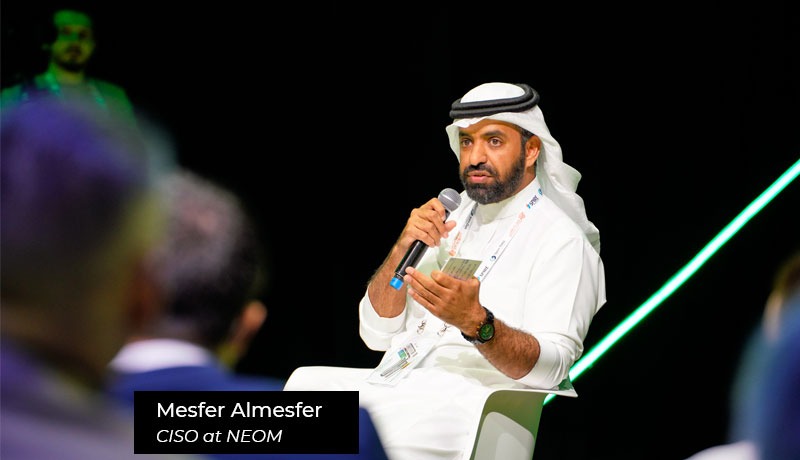
A number of high-level memorandum of understandings (MoU) were signed yesterday, covering business-critical cybersecurity solutions and promises of enhanced collaboration.
The UAE Cybersecurity Council (CSC) signed partnerships with Huawei, Amazon Web Services (AWS) and advisory firm Deloitte to increase cloud adoption and knowledge sharing.
Huawei and CSC will work towards strengthening strategic collaboration in cybersecurity based on the Public-Private-Partnership model. This will help promote cybersecurity innovation, drive development in cybersecurity capabilities, and nurture a strong cybersecurity ecosystem. In addition, the agreement aims to create an open, transparent, and trustworthy environment between the UAE Government, Huawei, and other technology vendors.
AWS will work with the CSC to enable faster adoption of AWS cloud services by the UAE’s public sector and regulated industries – including healthcare and financial – by leveraging AWS’s global cloud infrastructure. This opens opportunities for government entities and other strategic industries to accelerate innovation and digital transformation in line with the UAE’s economic and national agendas.
Deloitte’s MoU will enable the firm and the CSC to collaborate and leverage Deloitte’s experience in the field of cybersecurity and expertise in the UAE, as well as drawing on and implementing internationally recognised good-industry practices as part of the UAE cybersecurity agenda.
GISEC Global 2022 also hosted the Global Cybersecurity Congress – an annual gathering aimed at unifying efforts on local, national and global cross-sector levels and organised in collaboration with the UAE CSC. The congress intends to help shape national security and defence strategies to combat evolving threats.
Addressing topics such as ‘Cloud Security and Compliance’’ and Threat Intelligence and Cyber-Defence for Military and Law Enforcement’, the congress was opened by HE Dr Mohamed Al Kuwaiti, Head of Cyber Security, UAE Government, who discussed the importance of cyberspace on international peace and security.
“We are not here to compete but we’re here to collaborate, build on these relationships and partner with the public and private sectors for different perspectives and to share knowledge, and we have seen this through the MoU’s we have signed over the last two days with international entities,” Dr Al-Kuwaiti said. “We will be depending on technology more than ever. We need to spread the cybersecurity culture and build on it to continue to raise awareness.”
Running across the three-day event, GISEC Global is hosting a number of content sessions designed to spotlight best practice in cybersecurity across the region, with a specific focus on Africa, Israel, Qatar, and the Kingdom of Saudi Arabia.
Day two of the event also featured discussions regarding how the Kingdom’s new mega-project and smart city, NEOM, has approached and developed ‘built-in cybersecurity programmes’ to better repel cyberattacks, Mesfer Almesfer, Chief Information Security Officer (CISO) at NEOM, said there exists “no black and white approach” to integrated cybersecurity platforms at the design stage of a project.
“If you are starting a new green environment, it is a very good opportunity for entities and us as a government to build something from scratch with no legacy systems to try and manoeuvre around, which can cause issues,” he said. “You should always keep cybersecurity as default from day one – work with your architects and planners to ensure enhanced resident experience is factored in from the outset.”
Ibrahim Mohammed Alshamranie, Chief Cybersecurity and Privacy Officer – Saudi Arabia, Huawei, meanwhile looked at how Artificial intelligence has the ability to profoundly change every industry and organisation. “Incorporated ‘Secure AI’ is certainly emerging in the industry, but is still lacking engagement from cybersecurity professionals when it comes to securing AI as a technology and infrastructure.